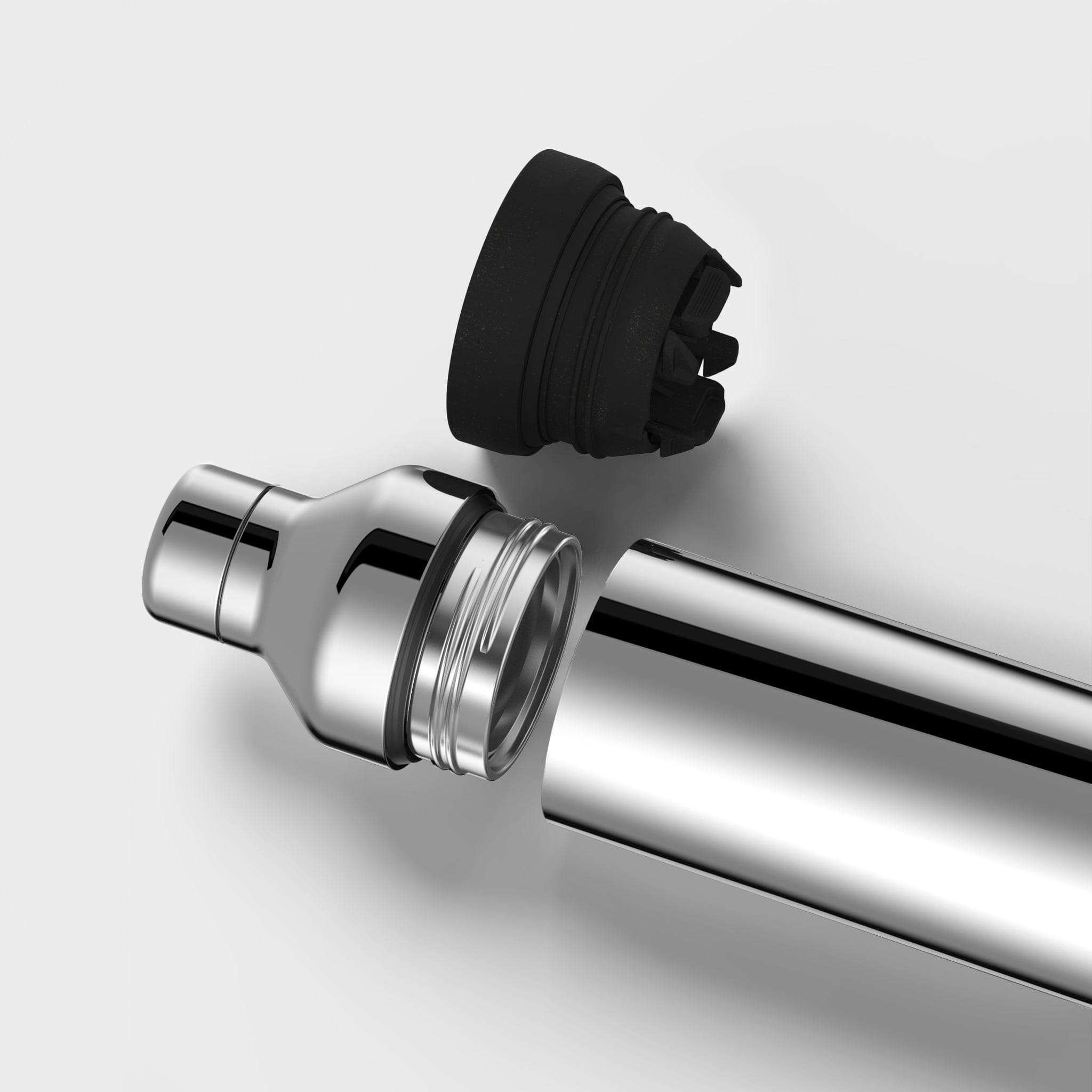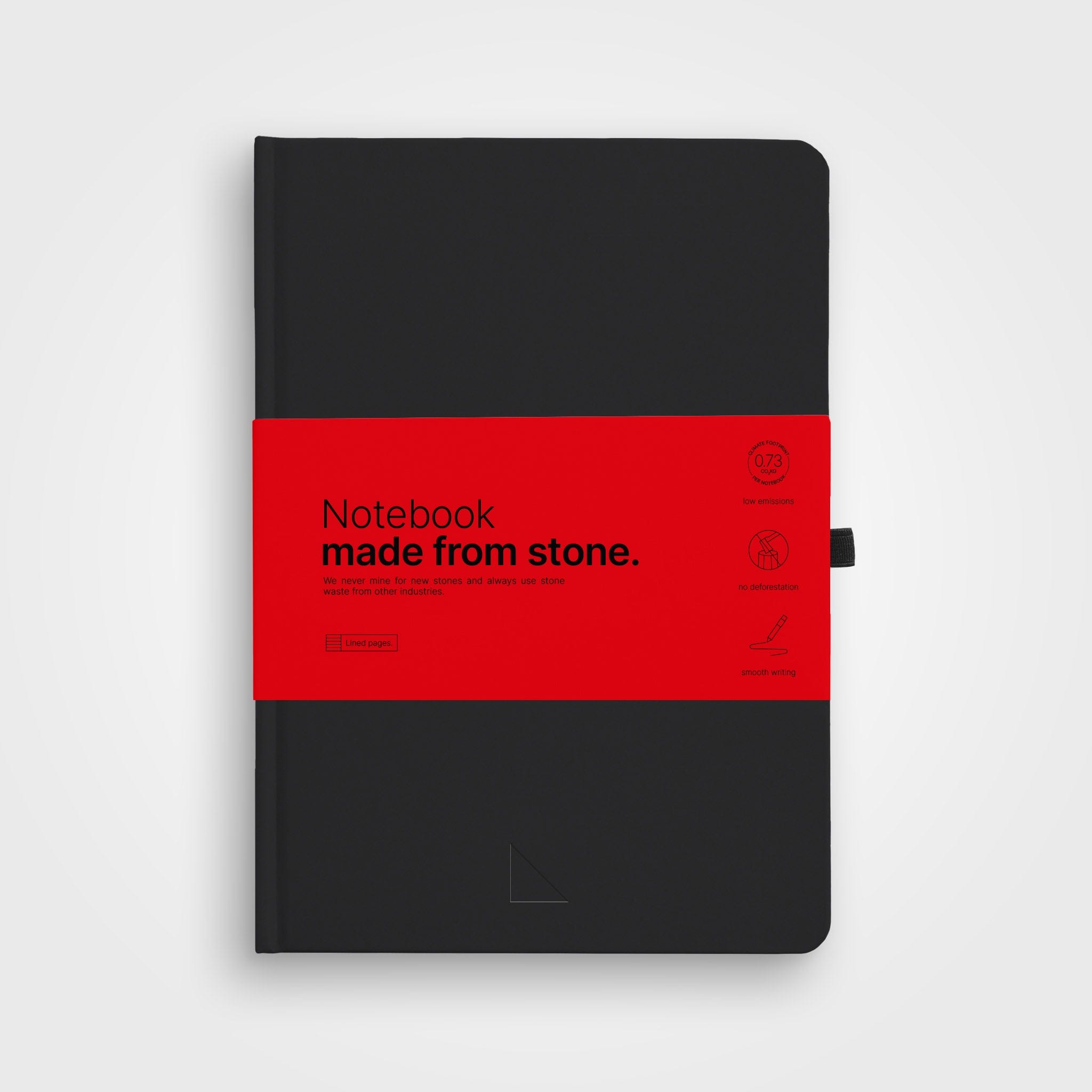We’ve all heard both terms tossed around — global warming and climate change. They often show up in headlines, in heated arguments on social media, or in that one relative’s long Facebook post. Sometimes they are used interchangeably, and honestly, it’s easy to think they mean the same thing.
But they don’t. Not exactly. And getting the difference right helps us understand what’s really going on, and how we can be part of the solution. So, let’s break it down in a way that’s easy to follow.
Quick links
-
What is global warming and what’s causing it?
-
What is climate change and how is it different?
-
How global warming drives the effects of climate change
-
Why the terms we use for the climate crisis matter
-
Busting a common myth: “But the climate has always changed”
-
How climate change affects your daily life
-
What you can actually do about global warming
-
What we are doing at agood company
What is global warming and what’s causing it?
Global warming refers specifically to the rise in the Earth’s average temperature. It’s not just about a hot summer or a heatwave, it’s about a long-term trend. Since the late 19th century, global temperatures have steadily increased, with the last few decades being the hottest on record.
What causes global warming?
In short: human activity. Burning fossil fuels like coal, oil, and gas releases carbon dioxide (CO₂) and other greenhouse gases into the atmosphere. These gases act like a blanket, trapping heat from the sun. The more we emit, the thicker the blanket becomes — and the warmer the planet gets.

You can think of it like turning the dial up on a thermostat that controls the entire Earth. That heat doesn't just vanish, it stays, builds up, and changes everything.
What is climate change and how is it different?
While global warming is about temperature, climate change is about the bigger picture. It includes all the changes happening to the Earth’s climate as a result of that warming — extreme weather, shifting seasons, rising sea levels, melting glaciers, and more.
So, if global warming is the fever, climate change is the illness that comes with it. One is the cause, the other is the effect.
Here is a real-life comparison to make it clearer:
- You turn on a space heater in one room and forget to turn it off. That room gets hotter and hotter — that’s global warming.
- But as time goes on, the heat starts affecting the whole house. The air gets stuffy, your food spoils faster, your wooden floors start to warp, and your dog keeps looking for a cool spot to lie down. That’s climate change — the ripple effect of that rising heat changing everything around it.
One causes the other, but they aren’t identical.
How global warming drives the effects of climate change
The difference between global warming and climate change becomes especially clear when you look at the effects. A warming planet creates a domino effect that disrupts life on Earth in ways we are still trying to fully grasp.
Here are just a few examples of the effects of climate change:
- More intense storms: Hurricanes and typhoons are stronger because of warmer ocean waters.
- Longer droughts and heatwaves: Agriculture, water supplies, and human health are all at risk.
- Melting ice and rising seas: This threatens coastal communities around the world.
- Disrupted ecosystems: Species are moving, adapting, or dying out entirely.

So yes, global warming is heating the planet — but climate change is the storm that follows.
Why the terms we use for the climate crisis matter
It’s not just semantics. The way we talk about these issues shapes how people understand them — and whether they take them seriously.
The term global warming often makes people think, "If it’s cold outside today, then it must not be happening." It sounds like something that only affects temperature, not the broader, more unpredictable changes we are seeing.
That’s why scientists and climate advocates often prefer climate change as a more accurate, comprehensive term. It reflects the variety of shifts happening in the environment, not just heat, but instability. Still, both terms are important, and using them correctly helps avoid confusion and misinformation.
The same goes for other terms, too. Learn what eco-friendly really means, and get familiar with the language of sustainability so you can spot greenwashing and make choices that actually matter.

Busting a common myth: “But the climate has always changed”
Yes, Earth’s climate has changed before, over thousands or millions of years. But the key difference is that this time, it’s happening much faster, and we are the reason.
What used to take millennia is now happening in decades. Glaciers are melting before our eyes. Coral reefs are dying in a single generation. The rate of change is unlike anything we’ve seen before.
And no, this isn’t part of a natural cycle. It’s tied directly to the rise in greenhouse gases, especially CO₂ levels, which have skyrocketed since the Industrial Revolution.
How climate change affects your daily life
For many of us, the effects of climate change might still feel distant. Maybe you’ve noticed warmer summers, but your day-to-day life seems mostly fine. That’s part of the problem — climate change isn’t always loud or immediate. It creeps in slowly, and by the time it’s too obvious, the damage is already done.
It touches everything.
- Your food? Droughts and floods affect crop yields.
- Your health? Heatwaves, air pollution, and diseases are all connected.
- Your wallet? Natural disasters are getting costlier and more frequent.
- Your community? Some regions will become unlivable, leading to displacement and migration.
So if you are thinking this is just about saving polar bears (and yeah, they matter too), it’s not. It's way bigger than that. This is about us staying safe, fed, and standing on solid ground.

What you can actually do about global warming
Fighting global warming means reducing greenhouse gas emissions. That includes transitioning to renewable energy, cutting down on waste, protecting forests, and rethinking how we consume and produce.
But it also means adapting to climate change — preparing for the shifts already underway, building resilient communities, and supporting policies that prioritise long-term sustainability.
And yes, individual actions matter. One person switching to a reusable bottle or cutting back on flights won’t fix the climate crisis, but millions of us making better choices can move the needle.
The real power lies in combining personal action with collective push: voting, educating others, and holding industries accountable.
What we are doing at agood company
It’s easy to feel like your choices don’t really make a difference. But we’ve seen the opposite. At agood company we are all about making everyday things like thermal bottles, notebooks and phone cases a little smarter and a lot more sustainable. And when those things reach the end of their life, our agood loop™ helps keep them in motion, not in the bin.
We are not here to preach perfection. We are just doing what we can, and hoping it inspires more people to do the same.
Call things by their name
Understanding the difference between global warming and climate change isn’t just about sounding smart at dinner parties. It’s about clarity, and clarity leads to action. We are living in a time when our choices can shape the future of the planet. And that starts with understanding what’s really going on:
- Global warming = the temperature is rising because of human activity.
- Climate change = the wide-reaching effects of that rise.
Use the terms wisely. Talk about them. Act on them. Because this isn’t just a science problem, it’s a people problem. And we are all in it together.
































